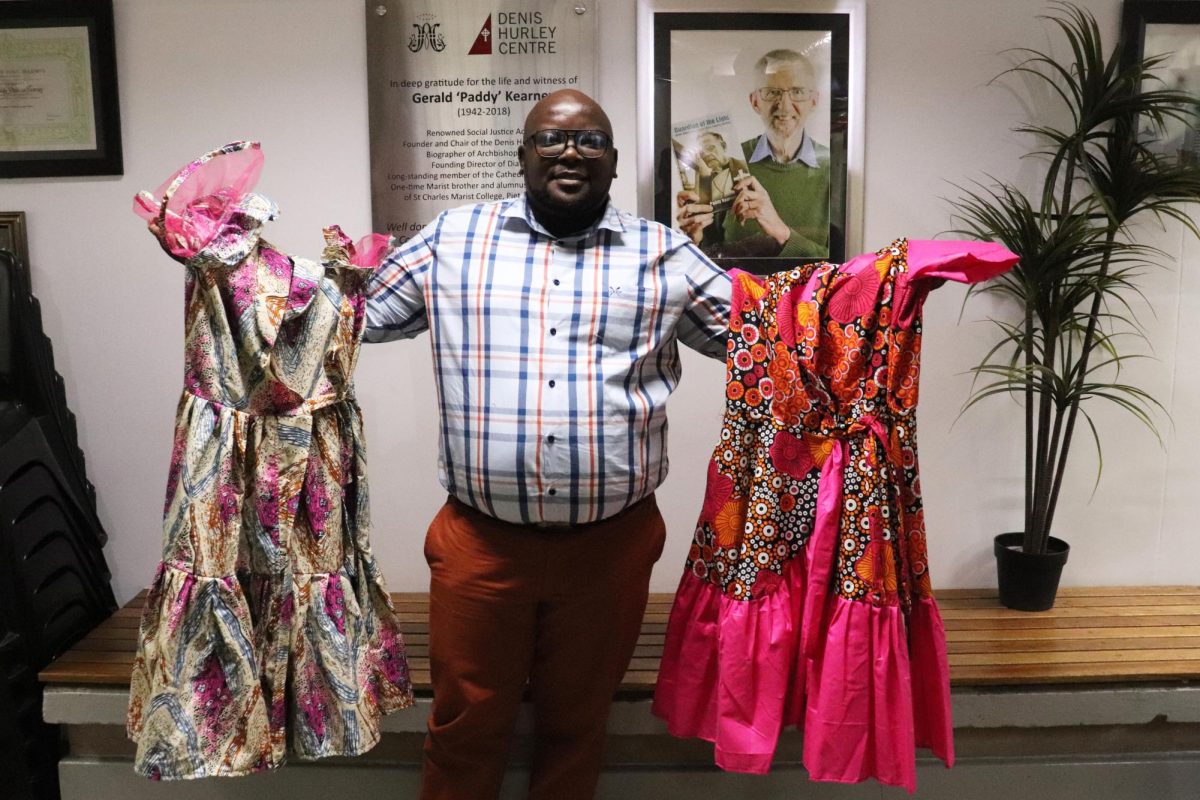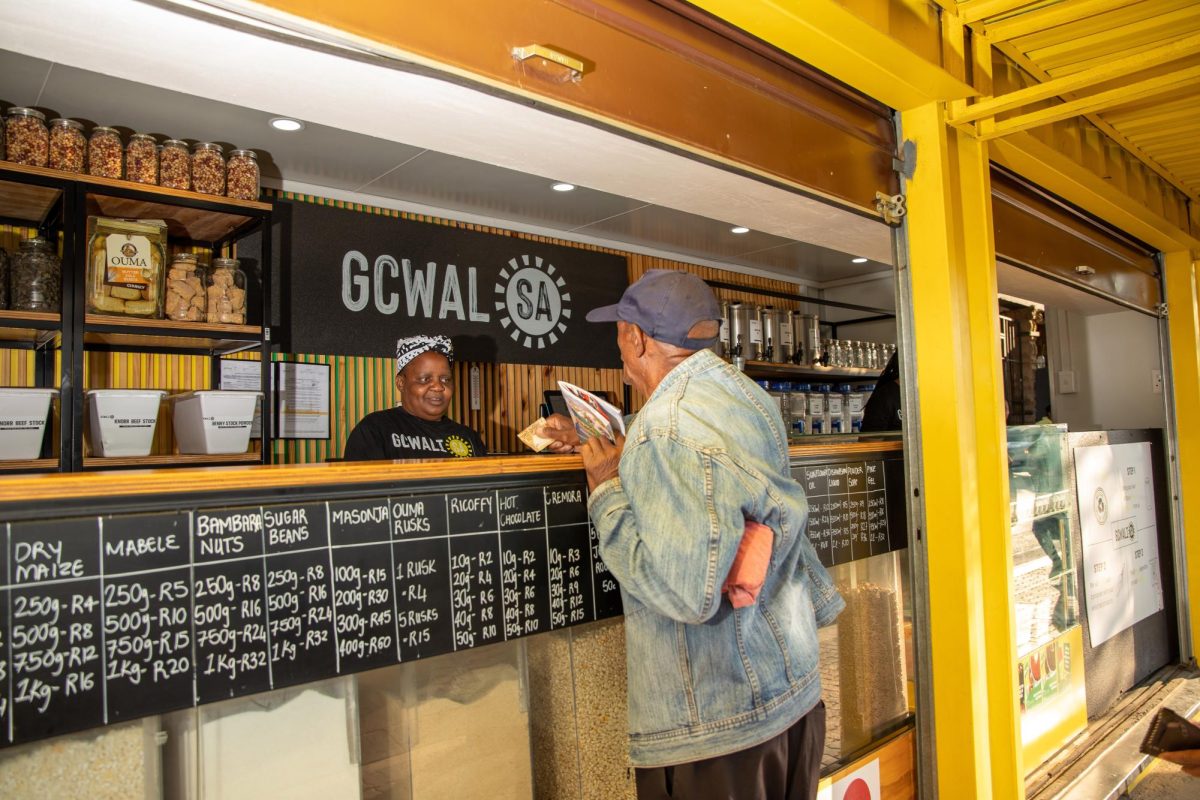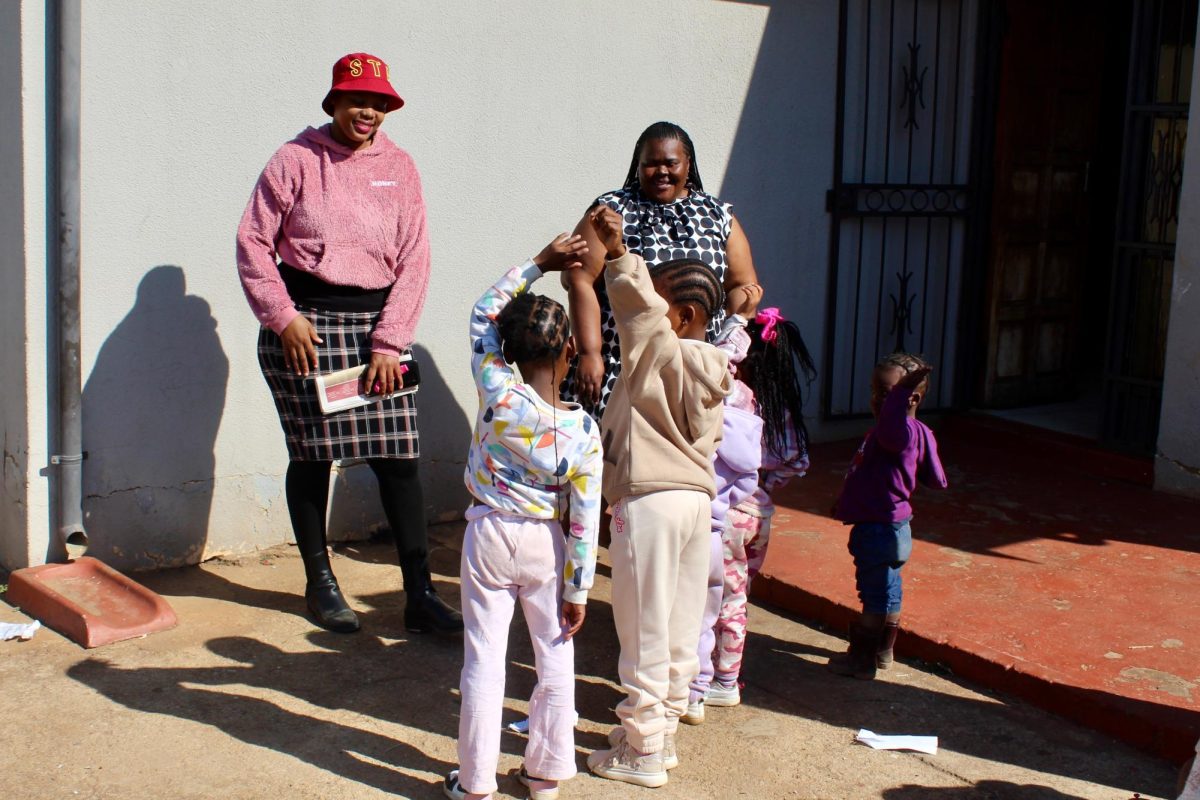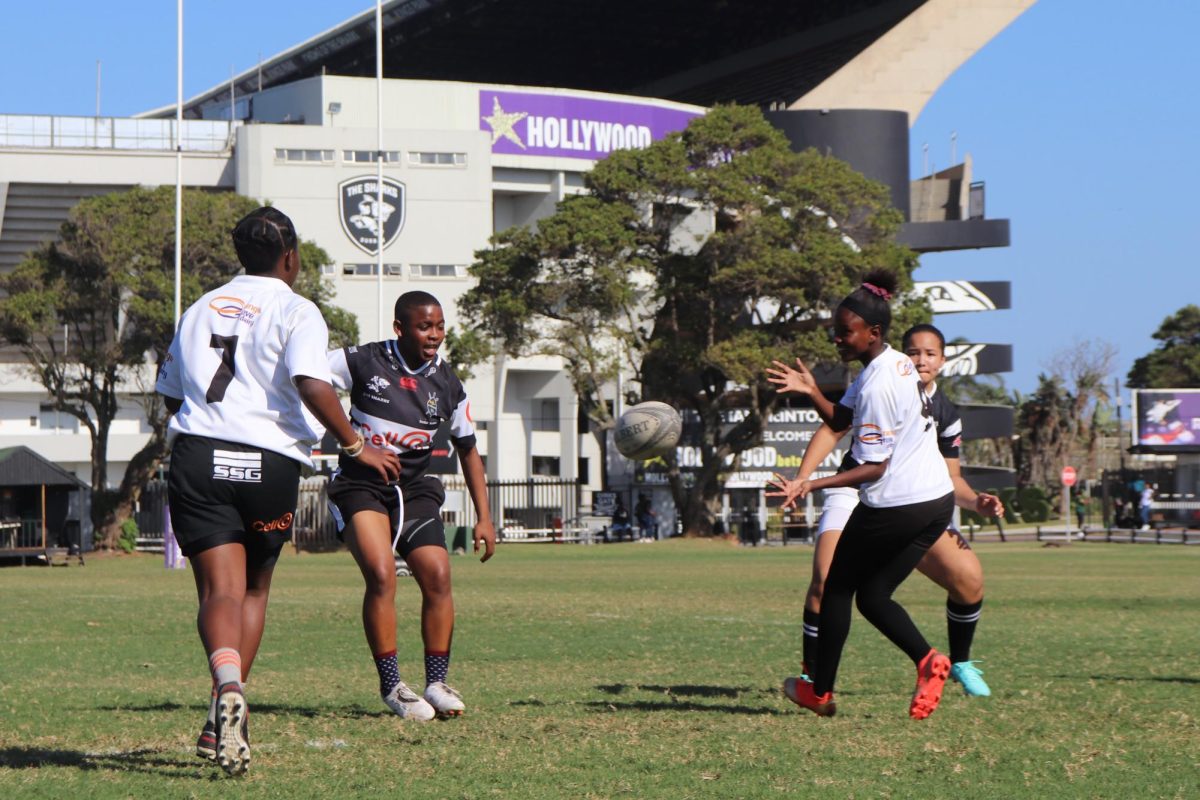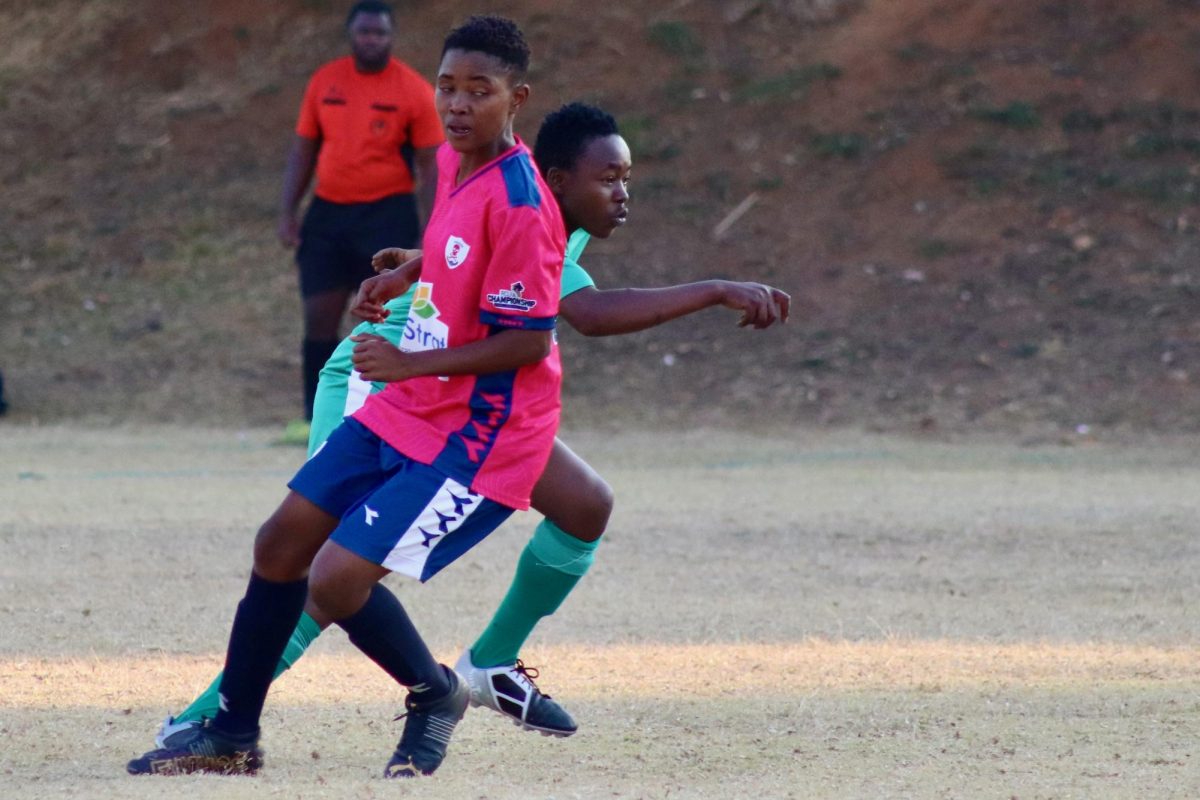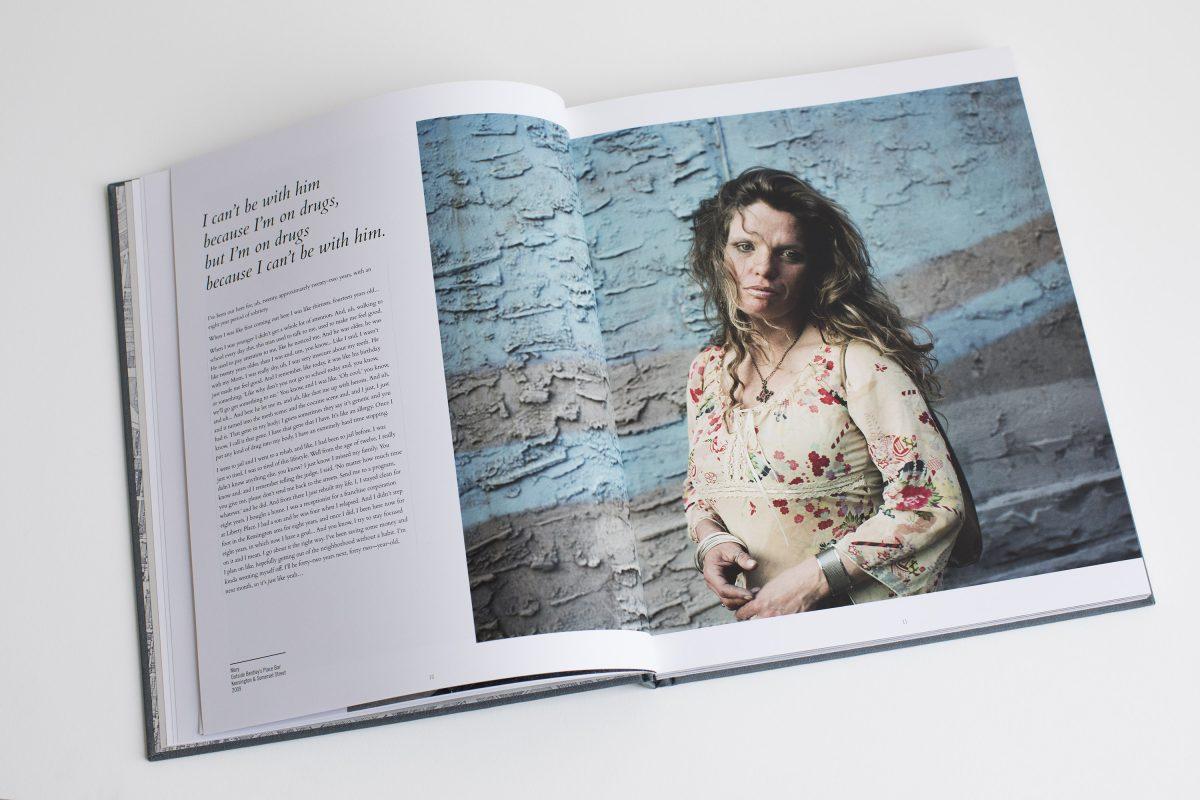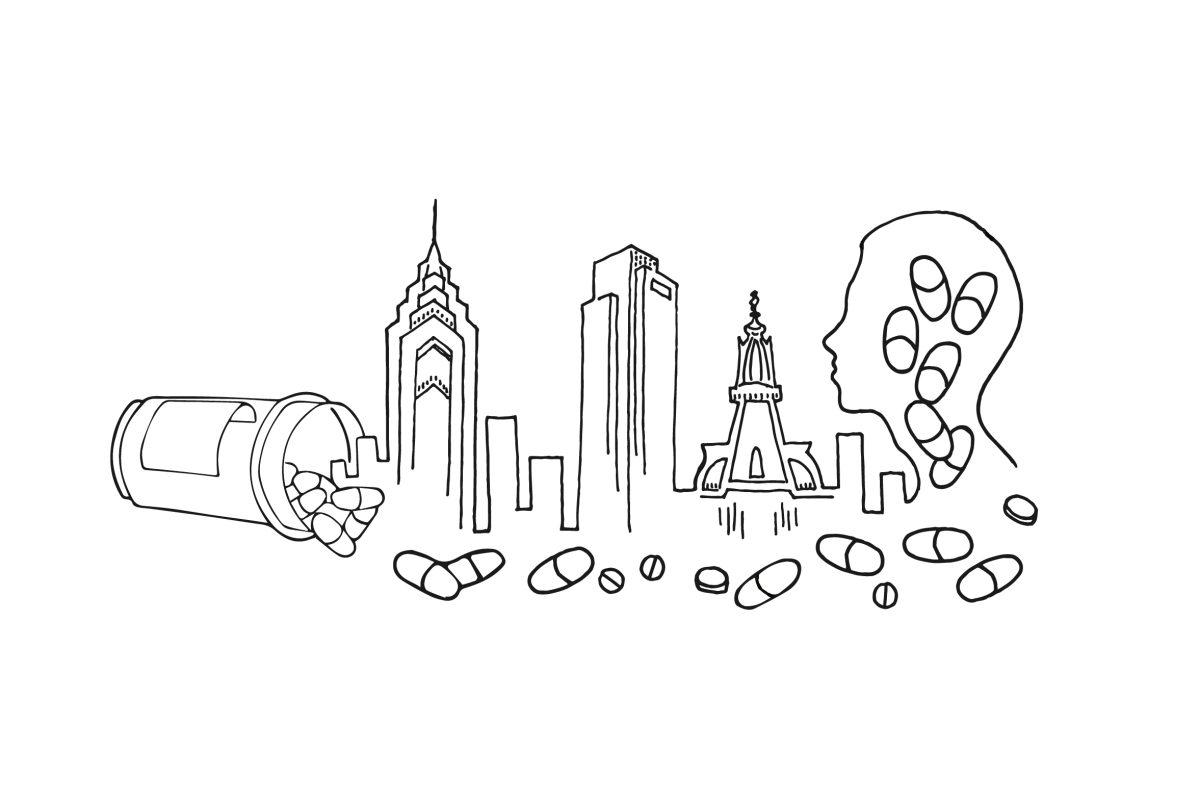Student Outreach and Support provides support for those in recovery
The Office of Student Outreach and Support began hosting a series of training sessions, called Allies of Recovery in mid-February in order to help members of the university community better understand and assist people with substance use disorders.
“The goals around it are to understand the different impacts of the stigma around substance use disorder and how we can have influence over that and how we can help change the culture, and therefore help people who struggle,” said Katie Bean, assistant director in the office of student outreach and support and Wellness, Alcohol and Drug Education (WADE).
The program was introduced last year in response to suggestions from the student-led organization The Flock, which supports anyone affected by substance use disorder. The most recent training, which was open to all members of the university community, was held April 17.
As of April 23, 104 members of the university community have already been through the training and are now certified allies, according to Bean. Many of them are listed on the Allies of Recovery training website, and they include faculty, staff and students.
Niki VanAller ’17, who went through the training last year before graduation, explained its applicability and advantages.
“You never know what other people are going through,” VanAller said. “It is easy to assume everyone has the same experience with drugs and alcohol when that is not necessarily the case. The most important thing is to make an effort to communicate with a person in recovery.”
The training is particularly relevant to college students, both Bean and VanAller pointed out. VanAller, who is less than a year removed from college life, described how central alcohol and drugs can be to the college culture and the ensuing experiences that may result, whether it be with those actively recovering or actively using.
George Frattera ’20, who has gone through the training, pointed to the university’s Jesuit mission as reasons for people in the St. Joe’s community to do the training.
“The opioid epidemic has, in some way, touched every life on this campus,” Frattera said. “It is vital to the preservation of our Jesuit ideals, specifically Cura Personalis, that each and every one of us pledges to help spread awareness about this issue and the unnecessary stigmas that surround it.”
Another aspect prioritized at the training is the significance of language when dealing with people in recovery. Using person-first language, or placing a person before his or her disability when describing them, can make a big difference when dealing with an issue as sensitive as this one, Bean and VanAller said. More importantly, Allies are taught not to avoid the issue but rather work around the obstacles that recovery may cause socially.
“Don’t stop inviting people to things because they are in recovery,” VanAller said. “You still want to be saying come to this party with me because chances are they already have mechanisms to prepare themselves for these situations. If you do go to a party offer an alternative besides alcohol.”
One of the biggest takeaways that substance use disorder presents and one that the program addresses head-on is the stigma around the disease. Bean said she is looking to help lead a movement at Saint Joe’s to delegitimize the negative perceptions that these victims deal with everyday.
“Substance use disorder is a disease like any other disease,” Bean said. “Before, we dealt with it as a moral problem. We didn’t offer any support or resources. We just said ‘do better’. That’s ridiculous. But now thankfully, people are looking at it as a public health issue and saying ‘what can I truly do to help people?’”







